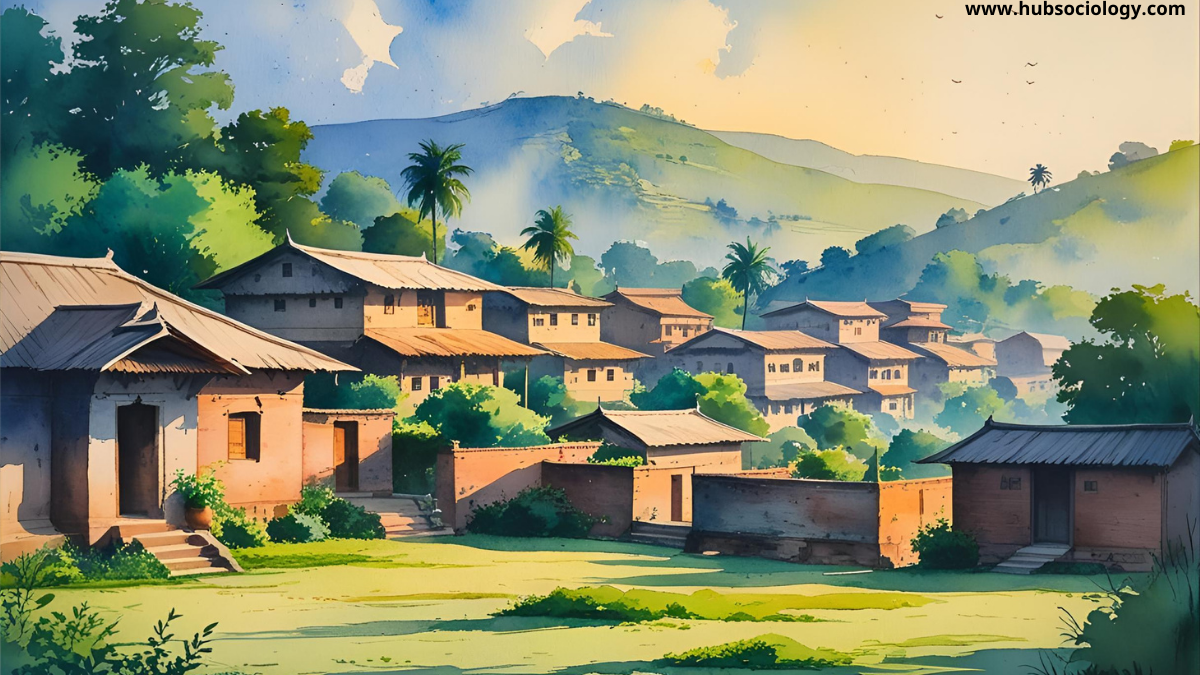Self-Sufficiency in Traditional Indian Villages: Myth or Reality?
Introduction The idea of self-sufficiency in traditional Indian villages has been a subject of great interest among sociologists, economists, and policymakers. Indian villages were romanticized by colonial administrators such as Charles Metcalfe as “little republics” that were socially cohesive and economically autonomous. Mahatma Gandhi, too, idealized the self-sufficient village as the foundation of India’s development. … Read more

